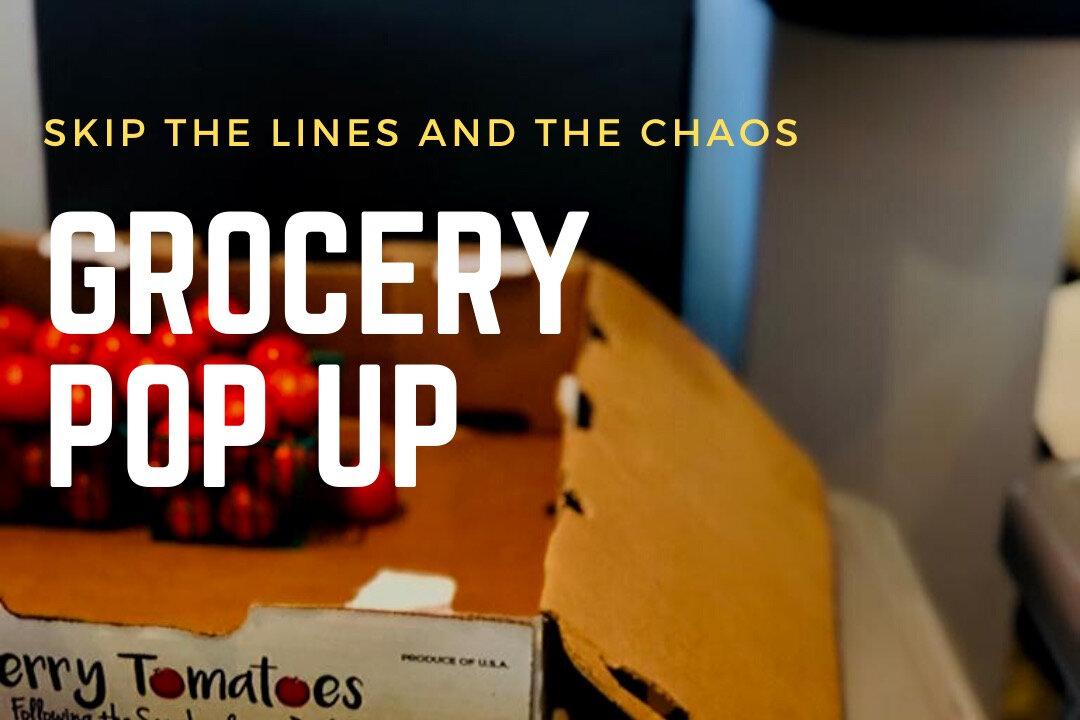As government efforts to slow the spread of the CCP virus brought the hospitality industry to its knees, some restaurants have found creative ways to help their communities and somewhat stay afloat. Many have started selling and delivering groceries and meal kits, responding to the empty shelves many a shopper found at their grocery store as people vacuumed up inventory to stock up.
The newfound grocery niche, often offering gourmet selection of high quality meats and cheeses as well as basics like eggs, flour, and toilet paper, seems to be in good demand, some restaurateurs have told The Epoch Times. Some also approach it with a charitable spirit, trying to keep staff on the payroll and help out people in need.





